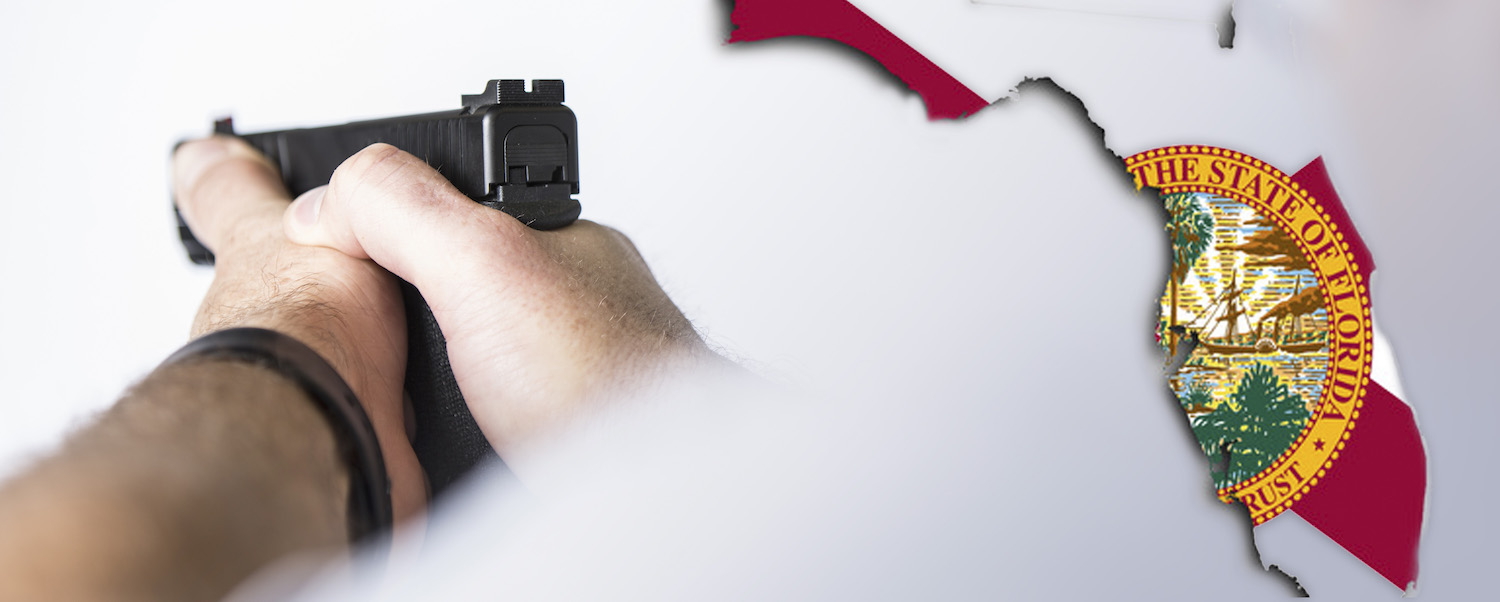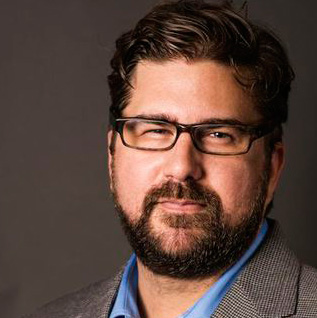
Posted on June 22, 2017
Did Florida, the birthplace of “Stand-your-ground,” just make the controversial law friendlier to Accused Shooters?
On the surface, the answer is “yes,” but the truth may be more complicated. Florida lawmakers passed a bill that would put a tougher burden of proof on prosecutors during pretrial immunity hearings. The new rule requires prosecutors to prove with “clear and convincing evidence” that the accused’s self-defense claim is invalid. It means prosecutors must prove it is “substantially more likely than not” that they are right. Under the preexisting law, that burden fell to the defense.
Critics of the law say it will make it easier for violent criminals to get away with murder; advocates suggest it offers further protection for those who used justifiable force in self-defense. Here are some realities the concealed carrier should consider:
Pretrial Immunity Hearings Add to the Cost of a Defense —
The “clear and convincing evidence” standard is just below the “beyond a reasonable doubt” threshold, and Florida prosecutors are already complaining that the new law will essentially force them to try every self-defense case twice. The same could be said, however, for defense attorneys as well. They will have to treat the immunity hearing like a mini trial, and that means hiring experts, prepping witnesses and doing virtually all the work needed for a presentation to a jury.
The Judge Alone Decides —
But in an immunity hearing, there is no jury — just the judge. The judge alone will have the discretion to interpret all the evidence and decide which is “clear and convincing” and what is not. While judges are ideally impartial, they are not immune from public and political pressures. The new rule makes a controversial law even more controversial, and it’s a good bet that future immunity hearings in Florida will draw even more public scrutiny.
The Defense Has to Show Their Hand —
Since the pretrial Immunity hearing is like a mini-trial, the defense team will have to decide whether or not to give prosecutors a preview of their trial strategy. Don West, National Counsel for CCW Safe, was co-counsel for the defense in the high-profile George Zimmerman case, and he says the surprise decision not to have an immunity hearing was partly based on a reluctance to let the prosecutors in on their theory of the case. “After reviewing everything, we weren’t convinced that the judge would actually grant immunity,” says West, “and we didn’t want to educate the prosecutors on our case or give them an opportunity to learn from their mistakes.”
A Risky, Expensive Proposition —
It’s true that the so-called “Stand-your-ground” laws give defendants a shot at avoiding trial, but it is no “get out of jail free” card. In practice, the law can add complexity and expense to a legal defense, and there are risks inherent in revealing a defense strategy before having the opportunity to make a case to a jury of peers.
For the concealed carrier: This is another topic that serves to reinforce the massive responsibility you should assume, and it brings into focus the spectrum of consequences inherent when someone takes a life is self-defense — justified or not.

Shawn Vincent
Litigation Consultant
Shawn Vincent is a litigation consultant who helps select juries in self-defense cases, and he manages public interest of high-profile legal matters. If you have any questions for Shawn, or would like more articles like this, let us know below!